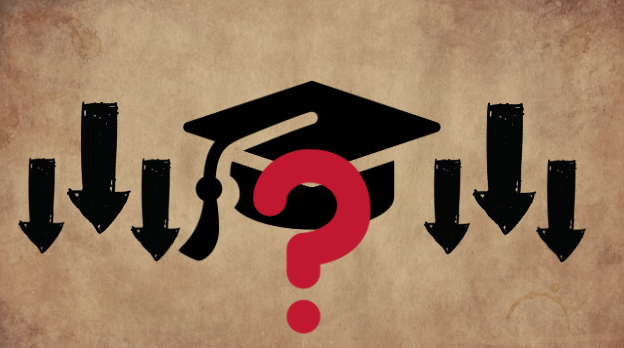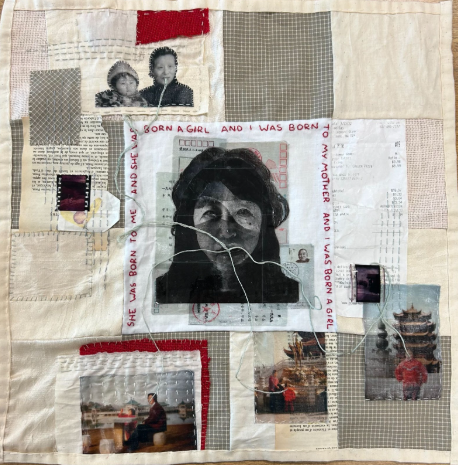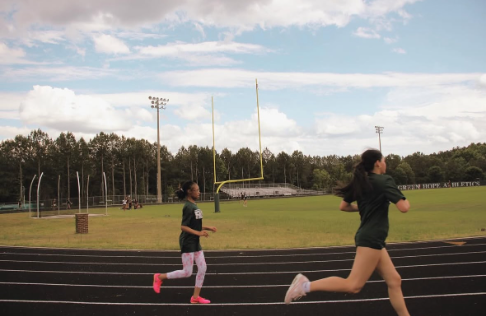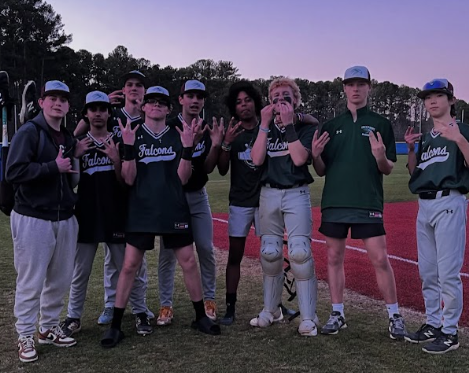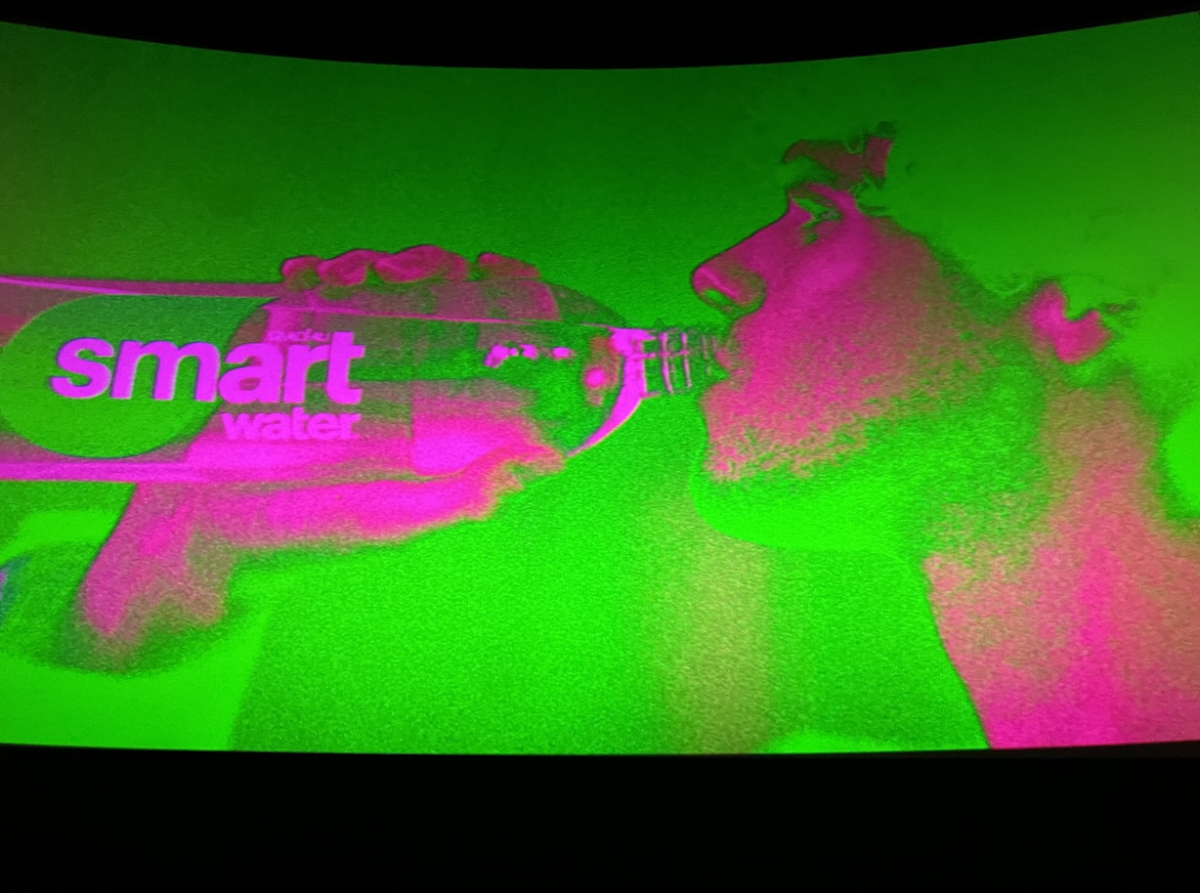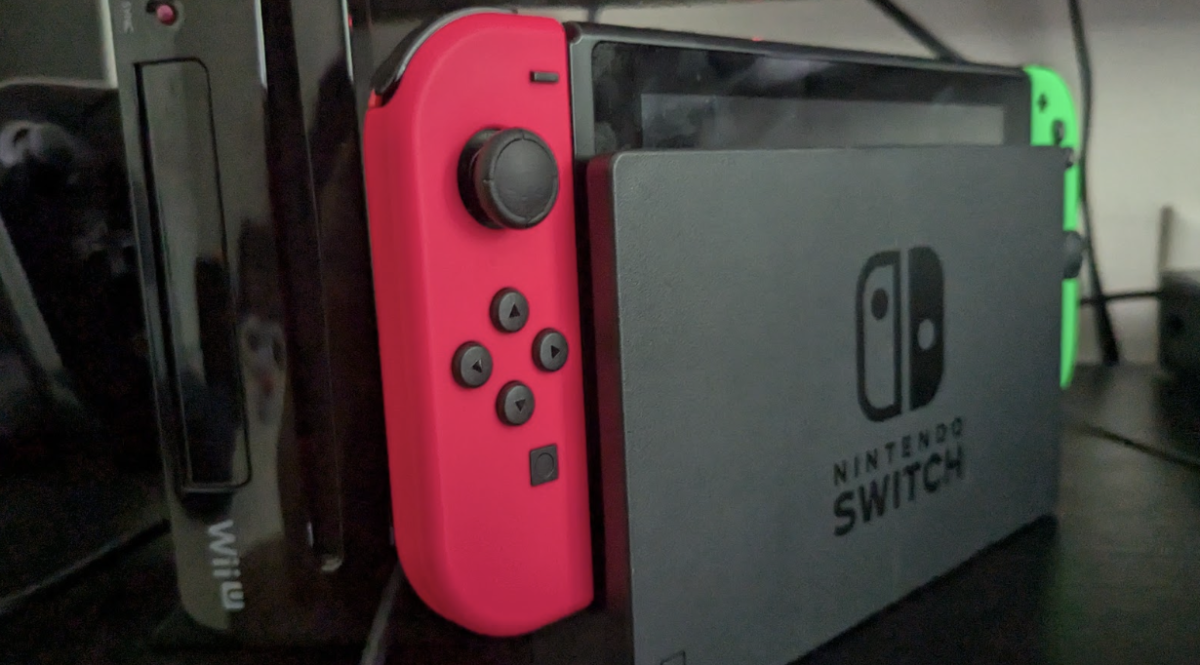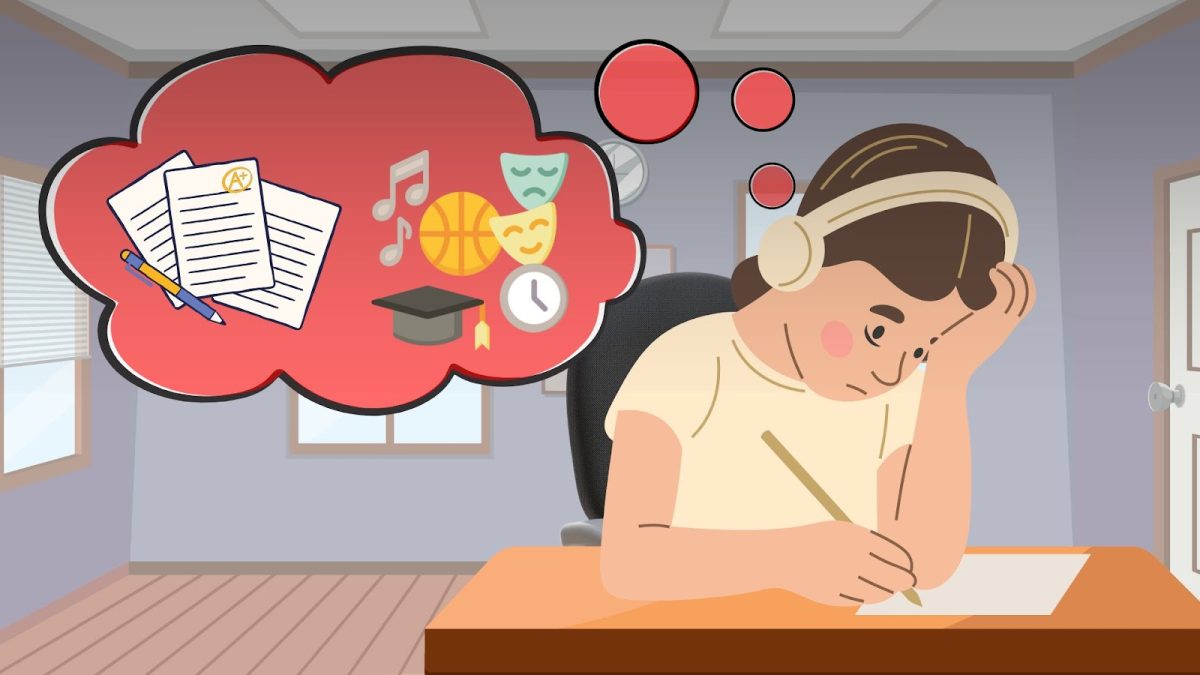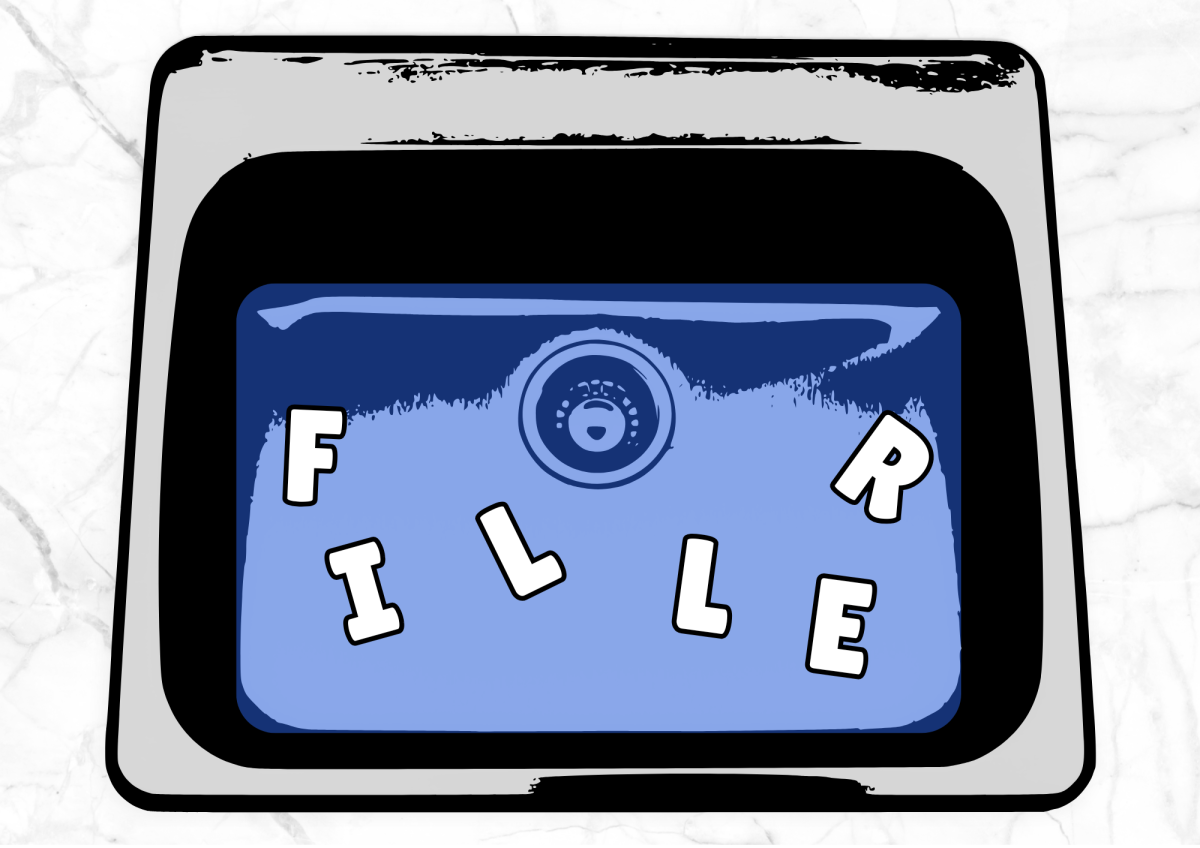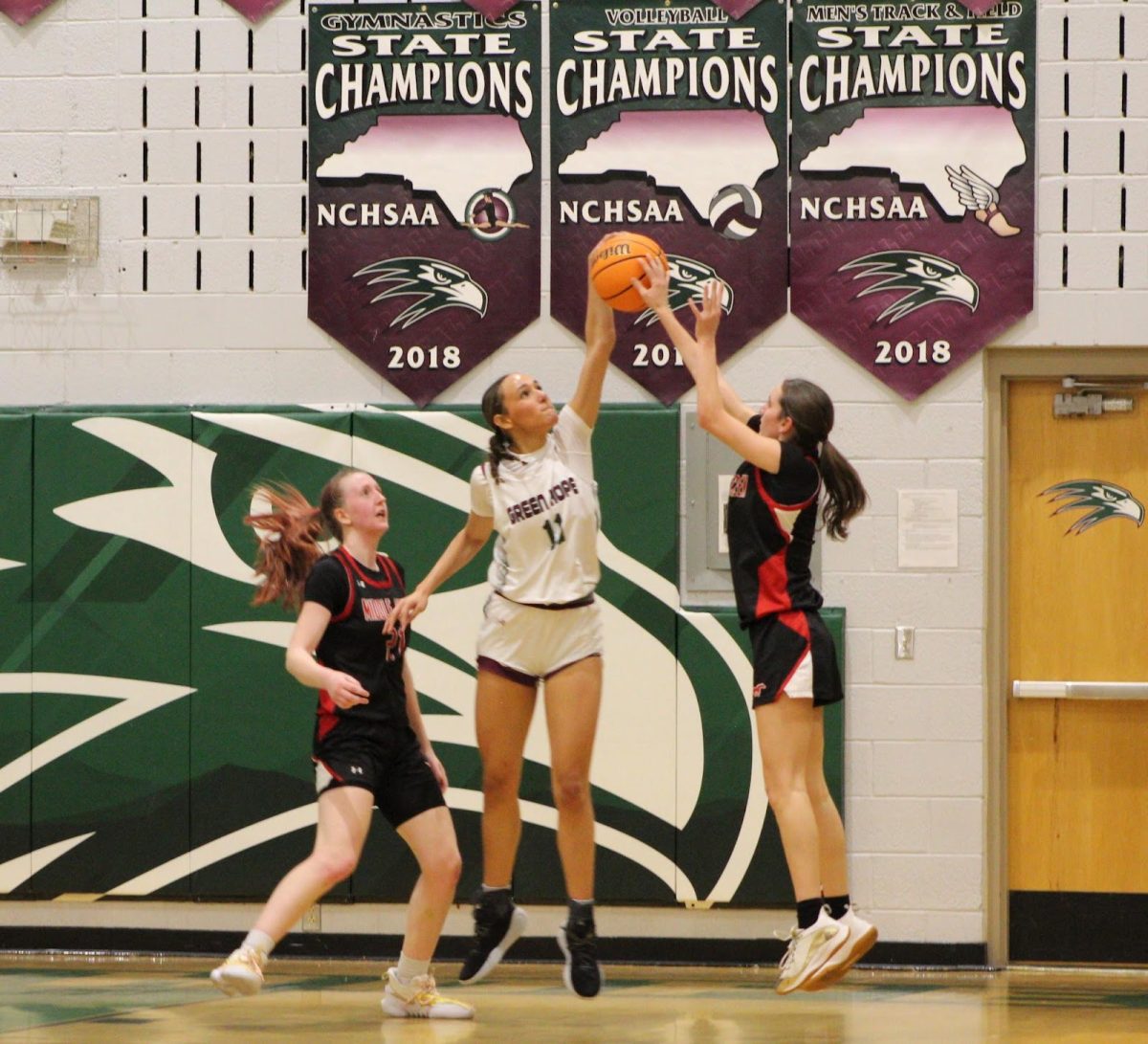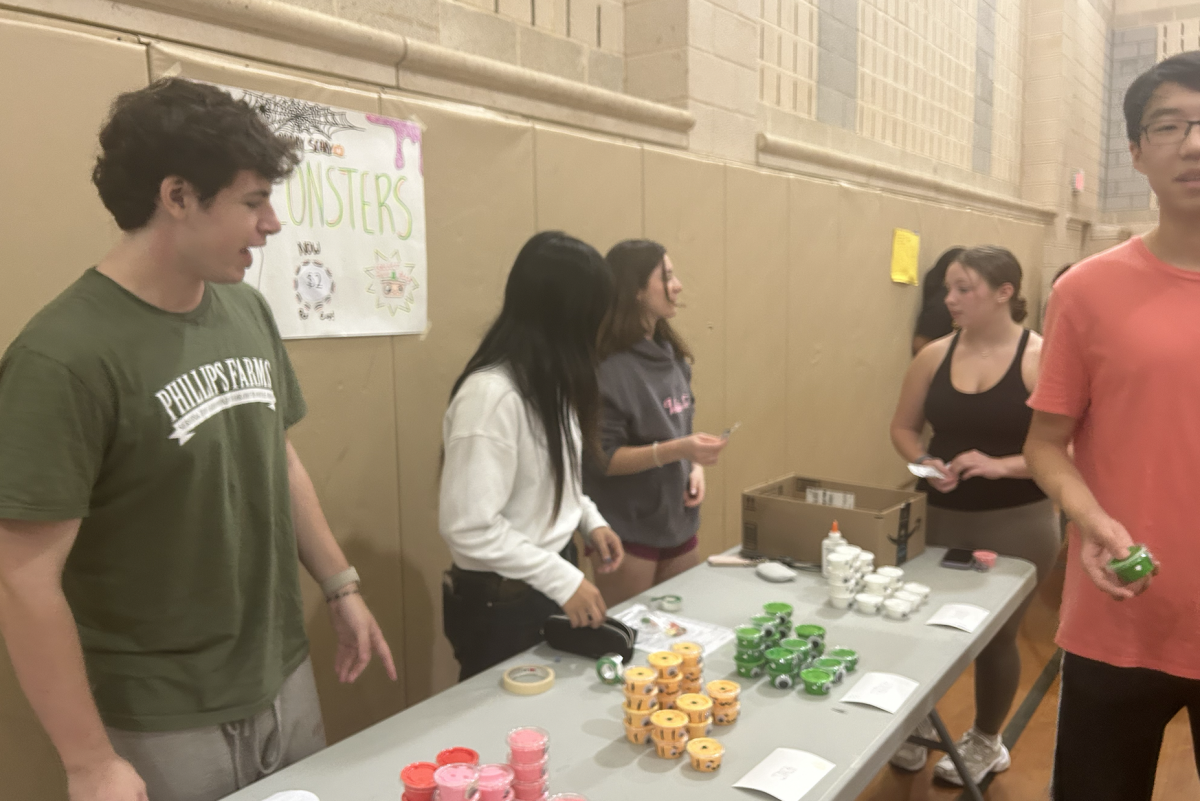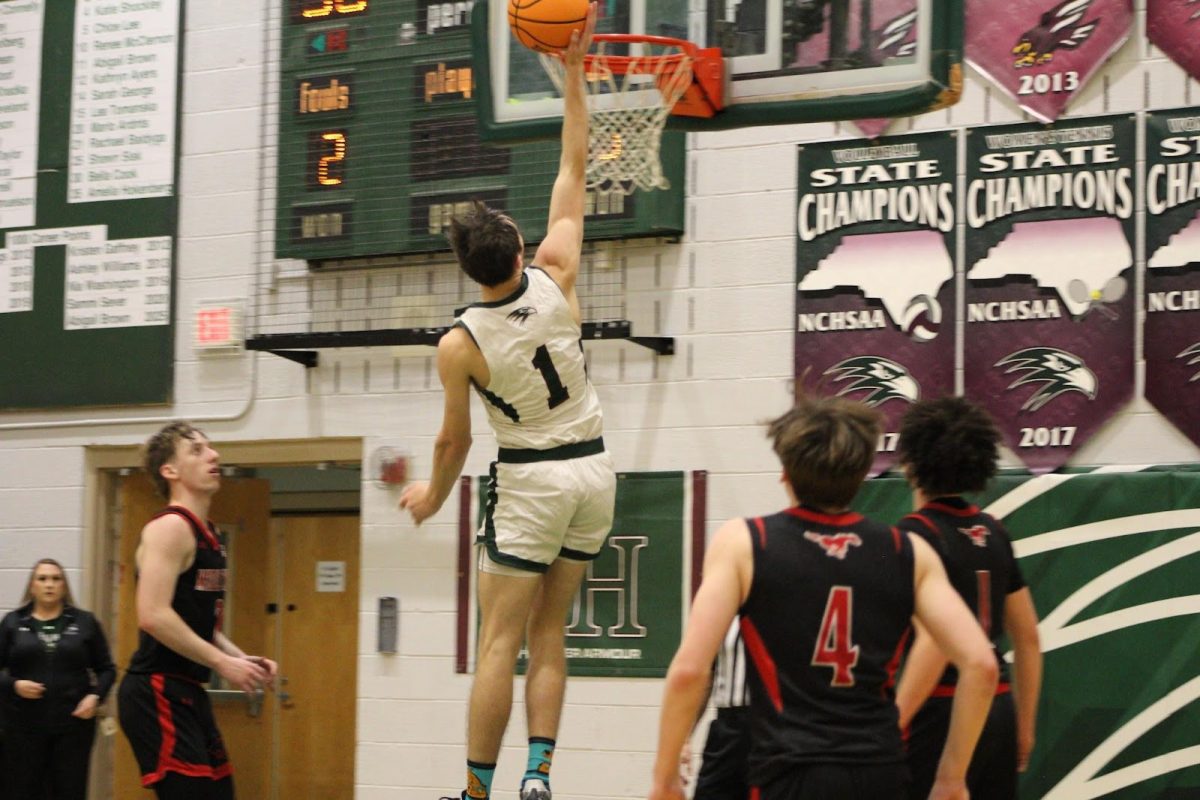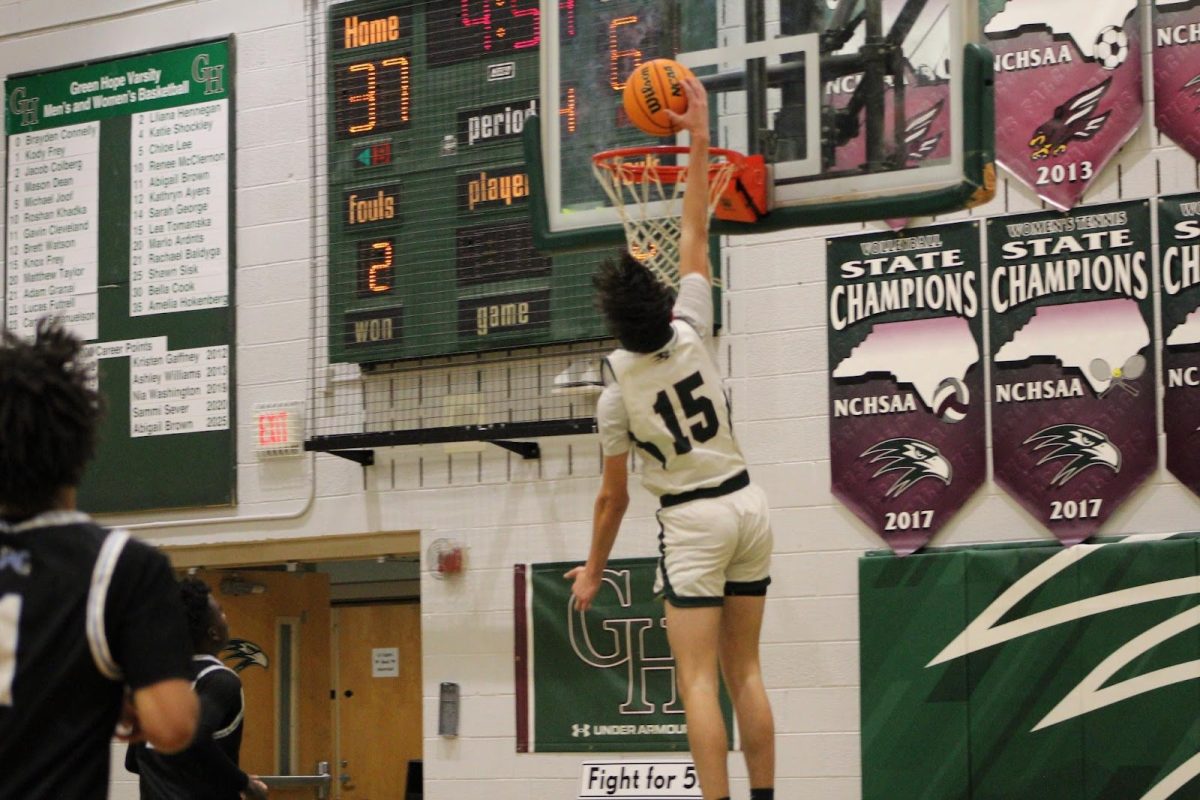The Public Display of Affection (PDA) Epidemic

Students have various views on feelings concerning public displays of affection at Green Hope
March 14, 2022
Many Green Hope students might be familiar with students embracing each other in the hallways. PDA (public display of affection) in school is a recurring behavior not only at Green Hope but schools all over. Recordings of PDA in schools are often posted to social media apps, such as TikTok and Snapchat, for millions of viewers to see. After surveying Green Hope students on the issue, various students commented that PDA at school as well as on social media is inappropriate. Fiona Smiddy stated that PDA is, “a little weird,” while Nick Kleoudis made it clear that he felt it is “disgusting.” Finally, Luke Berger states that PDA makes him feel “very uncomfortable.”
Some schools have completely banned PDA because it can be seen as offensive or disrespectful. Although Green Hope does not have a specific language addressing PDA in its Guidelines, Expectations, and Policies, it does state that, “students are expected to display appropriate behavior at all times–in the classroom, hallways, restrooms, cafeteria, gyms, parking lots, buses, and at all school-sponsored events.”
As she walked to class, Katelyn Smith stated, “it’s disgusting when you turn around a corner and see people making out.” When asked if Smith has ever seen a teacher stop the PDA, she said, “Sometimes I’ll be walking past people doing PDA and then a teacher walks up to them and tells them ‘no PDA in school!’” James Ivy encourages students that engage in PDA at school to “have some spatial awareness for those around you.”
On the other hand, certain students that express public displays of affection on campus feel as though it is none of anyone’s concern. On-campus affection is often seen as not only appropriate but also just another way to demonstrate the care and love they have for another student. Public displays of affection can engage couples in their specific love language.
PDA tends to happen the most during lunch in the school hallways or stairwells. After being asked, “What do you have to say to students who might find PDA at school disturbing?” a couple, who preferred to remain anonymous stated clearly, “They need to mind their business.”
Overall, students’ opinions of PDA vary from student to student. The Green Hope Guidelines, Expectations, and Policies are vague and do not specifically address PDA. However, worth noting and buried in the WCPSS Policy Code: 4309 Student Behavior – Code of Student Conduct, H Rules of Conduct, Level II-13, the policy states, “Indecent Exposure/Sexual Behavior: Students shall not engage in behavior, whether consensual or non-consensual, which is lewd, indecent, or of a sexual nature.”










